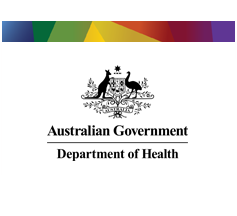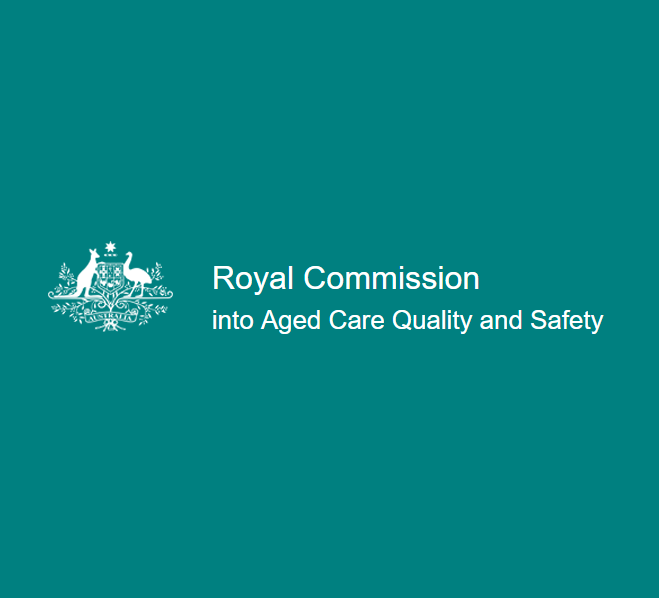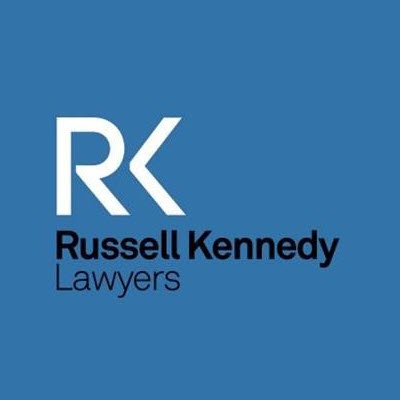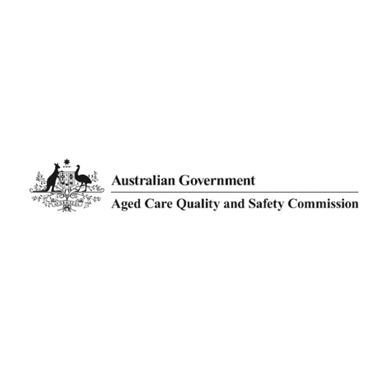4 Hearings are currently upcoming:
Melbourne Hearing 2 – Diversity in aged care
Melbourne hearing 2 will inquire into diversity in aged care, including culturally and linguistically diverse people, LGBTI groups, Aboriginal and/or Torres Strait Islander people, care leavers, veterans, and the homeless or those at risk of homelessness.
• Date: 7 – 9 October and 11 October 2019
• Location: Commonwealth Law Courts Building, 305 William St, Melbourne VIC 3000
• Time: 9:30am local time
Melbourne Hearing 3 – Aged care workforce
Melbourne hearing 3 will inquire into the aged care workforce, with a focus on how to enhance capacity and how to make the aged care sector a more attractive and rewarding place to work.
• Date: 14 – 18 October 2019
• Location: Commonwealth Law Courts Building, 305 William St, Melbourne VIC 3000
• Time: 9:30am local time
Mudgee Hearing – Provision of aged care in regional areas
The Mudgee Hearing will inquire into arrangements for and issues associated with the provision of aged care services in regional areas, including Multi-Purpose Services. The Hearing will have a particular focus on aged care services in the Mudgee region.
• Date: 4 – 6 November 2019
• Location: TBC
• Time: 9:30am local time
Hobart Hearing – Aged care operations of selected Approved Providers
The Hobart Hearing will inquire into the operations of selected Approved Providers that operate residential aged care facilities in Tasmania and elsewhere in Australia.
• Date: 11 – 15 November 2019
• Location: TBC
• Time: 9:30am local time
Read more:
Hearings





